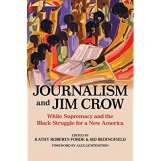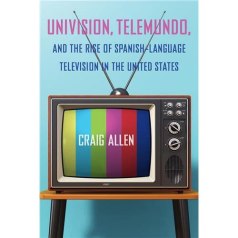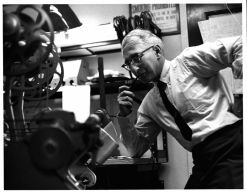The Association for Education in Journalism and Mass Communication History Division is soliciting entries for its annual award for the best journalism and mass communication history book. The winning author will receive a plaque and a $500 prize at the August 2022 AEJMC conference in Detroit, Michigan. Attendance at the conference is encouraged as the author will be invited to be a guest for a live taping of the Journalism History podcast during the History Division awards event. The competition is open to any author of a media history book regardless of whether they belong to AEJMC or the History Division. Only first editions with a 2021 copyright date will be accepted. Entries must be received by February 15, 2022. Submit four hard copies of each book or an electronic copy (must be an e-Book or pdf manuscript in page-proof format) along with the author’s mailing address, telephone number, and email address to:
Gwyneth Mellinger, AEJMC History Book Award Chair
James Madison University
54 Bluestone Drive, MSC 2104
Harrisonburg, VA 22807
mellingx@jmu.edu
If you have any questions, please contact Book Award chair Gwyneth Mellinger at mellingx@jmu.edu.











